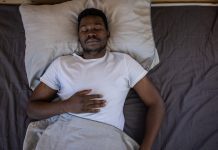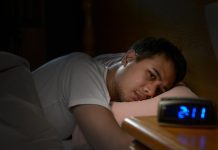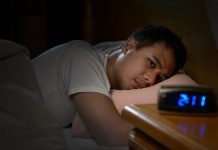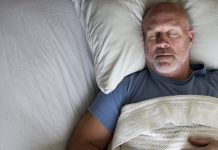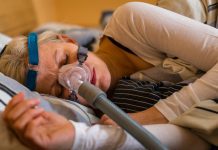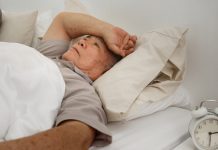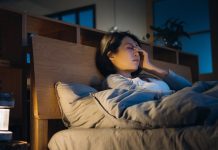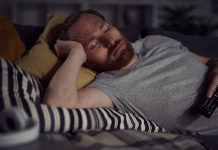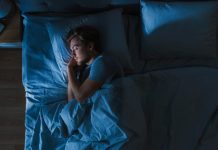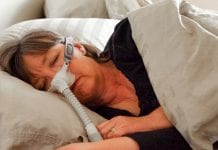sleep Related News
Understanding the links between sleep bruxism, insomnia and anxiety
A new study on the associations between sleep bruxism, insomnia and their potential risk factors, such as depression and anxiety has been completed.
The findings...
Regular exercise is better for sleeping problems than medication
According to research from the Norwegian University of Science and Technology (NTNU), regular exercise could be more effective than medication for treating sleeping problems.
Most...
Poor quality sleep linked to an increased risk of glaucoma
A new study has found that poor quality sleep may be linked to a heightened risk of glaucoma, an irreversible sight loss condition.
Poor quality...
New potential treatment discovered for sleep apnoea
A recent mouse study has illuminated a new possibility for sleep apnoea treatment using specialised channel proteins.
John Hopkins Medicine researchers have found evidence that...
Night owls at higher risk of type 2 diabetes and heart disease
Findings from a Rutgers University study suggest that people who are night owls are at an increased risk of type 2 diabetes and cardiovascular...
Obstructive sleep apnoea among women linked to low hormone levels
A University of Bergen study has revealed that reduced hormone levels in postmenopausal women may be a cause of obstructive sleep apnoea.
The research identified...
Nightmares may be an early sign of Parkinson’s disease
Results from a UK study suggest that experiencing bad dreams or nightmares as an older person may be an early sign of Parkinson’s disease.
The...
Poor quality sleep may be a cause of COPD flare-ups
Research pioneered by a team at UC San Francisco suggests that poor quality sleep may be a cause of COPD flare-ups and has a...
Is a mobile app the future for insomnia treatment?
Say goodbye to sleeping pills! NICE recommends offering a new form of insomnia treatment using a mobile app.
Sleepio could soon be deployed as an...
Not getting enough sleep can prevent weight loss maintenance
Not getting enough sleep may impact people’s weight loss goals, stopping them from keeping the weight off once it is lost, new research suggests.
A...
Seven hours is the ideal amount of sleep in middle and old age
University of Cambridge and Fudan University researchers have discovered that seven hours is the ideal amount of sleep for middle and senior humans.
What is...
Study finds lack of sleep increases unhealthy abdominal fat
Lack of sleep combined with free access to food increases calorie consumption, leading to fat accumulation, especially in the abdominal area.
A new discovery from...
Sleeping with lights on could harm heart health
How does sleeping with lights on impact overall health status? A new study reveals the extent to which light exposure during sleep can harm...
How to sleep better? Specific genes may hold the answer
For those among us who find it challenging to drift off into slumber, you have probably searched far and wide for how to sleep...
The impact of nocturnal teeth grinding on temporomandibular joints
A new study focuses on whether nocturnal teeth grinding and jaw clenching causes the development of temporomandibular joint disorders.
A study conducted by the University...
How insomnia symptoms translate from childhood into adulthood
Children with insomnia symptoms are likely to persist with them as young adults and are significantly more likely to develop an insomnia disorder in...
Sleep-disordered breathing in pregnancy and post-delivery metabolic syndrome
New research indicates that sleep-disordered breathing during and after pregnancy is associated with an increased risk of metabolic syndrome.
A research team from UPMC Magee-Women's...
Sleep apnoea severity can be reduced by repurposed drugs
Existing medications could be repurposed to successfully reduce the severity of sleep apnoea by at least 30%, new research has revealed.
Professor Danny Eckert, Principal...
Sleep apnoea in heart disease patients underrecognised and undertreated
Obstructive sleep apnea occurs in 40% to 80% of people with cardiovascular disease, however, new research has shown that it is often underrecognised and...
New algorithm can improve diagnosis and treatment of sleep disorders
Scientists have developed an artificial intelligence (AI) algorithm to improve the diagnosis, treatment, and understanding of sleep disorders.
Researchers from the University of Copenhagen's Department...


